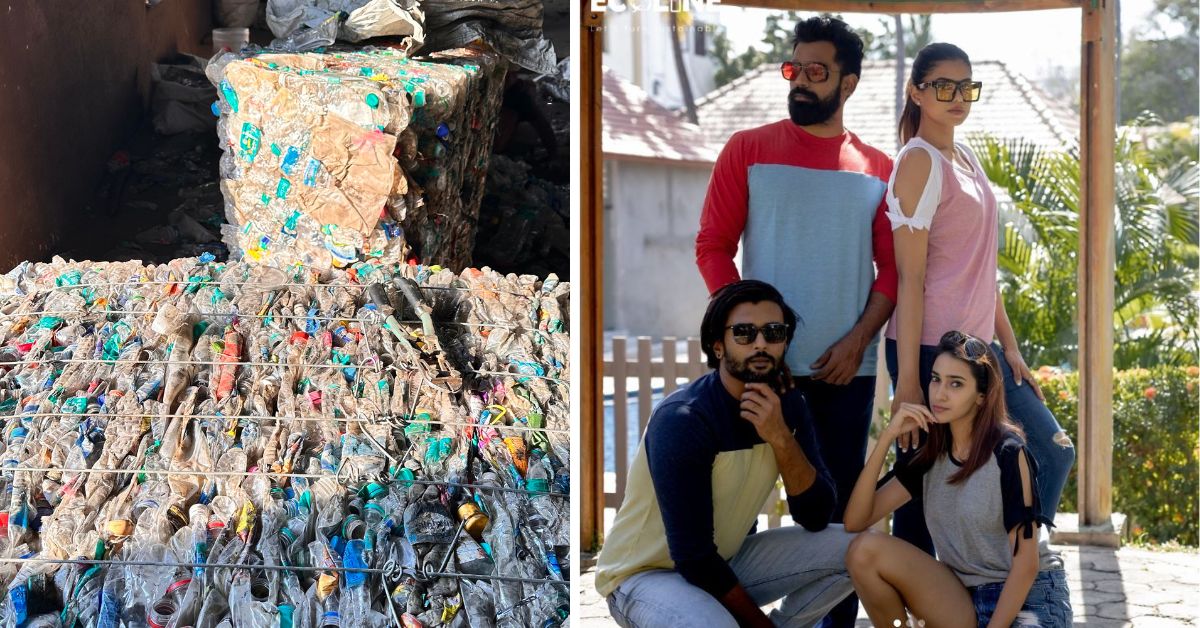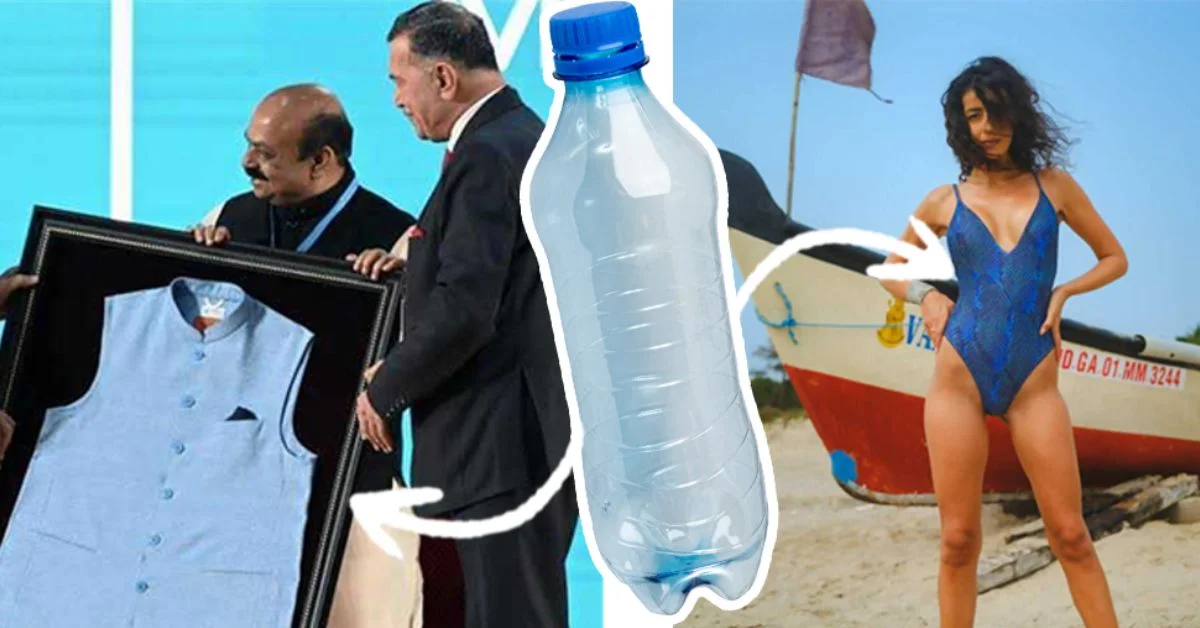These 5 sustainable startups have provide you with revolutionary concepts to remodel waste into fashionable clothes. Right here’s what they appear like.
At a time when the large waste produced by the style business has been worsening the already threatened surroundings, these 5 Indian startups have provide you with revolutionary concepts to remodel waste into fashionable clothes.
1. Goya Swim Firm
Rhea Majumdar, the founding father of Goya Swim Firm, makes use of cutting-edge know-how to remodel recycled ocean plastics into beautiful and sustainable swimsuits.
Every clothes merchandise makes use of about 29 plastic bottles picked instantly from the ocean.
2. Ecoline
Father-son duo Okay Sankar and Senthil Sankar manufacture sustainable clothes like jackets, blazers, T-shirts, and bottoms utilizing recycled PET bottles. They use round eight PET bottles to make a T-shirt, 20 to make a jacket, and 30 to make a blazer.
With this, they save 15 lakh PET bottles from getting into landfills and oceans day by day.

3. Malawa Kela Resa Utpadan Laghu Udyog Kendra
It’s the primary startup in Uttar Pradesh to make use of banana stem fibre to create merchandise starting from garments to sanitary napkins. Based by Ravi Prasad, it sells footwear, hats, carpets, and different gadgets comprised of banana waste.
The corporate is presently incomes in lakhs and empowers 450 girls.
4. MAYU
Mayura Davda Shah runs MAYU, a sustainable trend model that makes use of fish scales to create eco-friendly, smooth, and textured leather-based. The model’s creations have graced the ramps of Paris and Hungary showcasing model with a conscience.
5. Canvaloop Fibre Non-public Restricted
This firm, led by Shreyans Gokhra in Surat, makes sustainable materials. They use leftover supplies from pineapples, bananas, and hemp to provide environmentally pleasant fibres, utilizing solely 10 litres of water per kilogram.
Their course of saves 3,500 litres of water per pair of Himalayan hemp denims in comparison with conventional strategies that use much more water.
Watch this video to find out how these startups are changing trash into trend:
Edited by Pranita Bhat.
